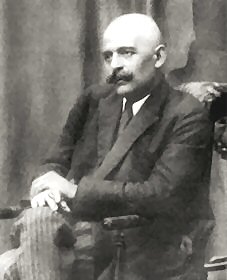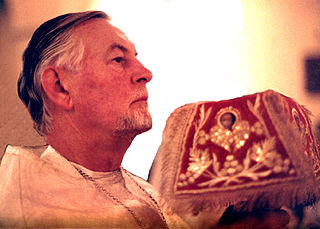A Quote by Swami Vivekananda
Religion is being and becoming. Religion is the manifestation of the Divinity already in man.
Related Quotes
What our view of the effectiveness of religion in history does at once make evident as to its nature is--first, its necessary distinction; second, its necessary supremacy. These characters though external have been so essential to its fruitfulness, as to justify the statement that without them religion is not religion. A merged religion and a negligible or subordinate religion are no religion.
Art is not a substitute religion: it is a religion (in the true sense of the word: 'binding back', 'binding' to the unknowable, transcending reason, transcendent being). But the church is no longer adequate as a means of affording experience of the transcendental, and of making religion real - and so art has been transformed from a means into the sole provider of religion: which means religion itself.





































